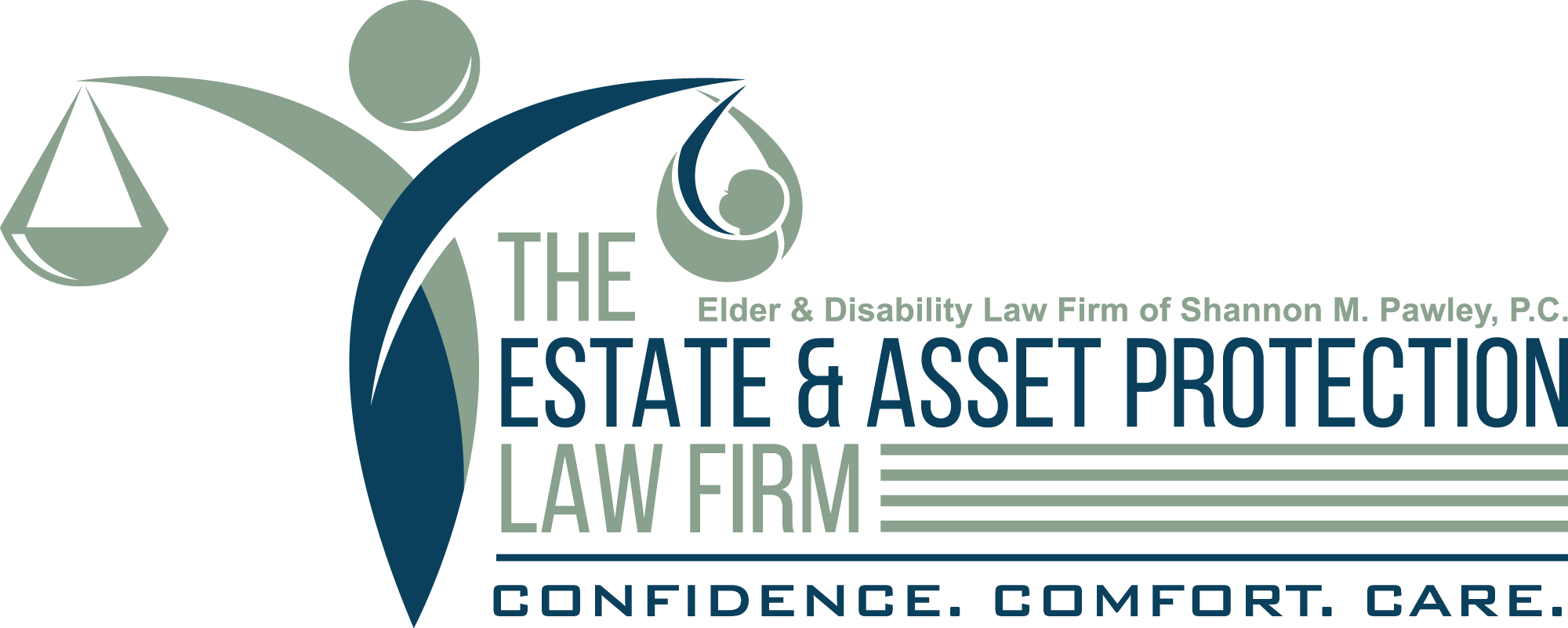Why Georgia Probate Courts Are Starting to Use Mediation

Georgia Probate: How Much Do You Know?
Over the past few years, mediation has become an increasingly popular method for resolving disputes in Georgia probate courts. To understand why this is happening, you first need to understand what mediation is and the purpose it serves. For starters, this alternative dispute resolution (ADR) process offers a less adversarial approach to settling conflicts related to the administration of estates, guardianships, and other probate matters. I’ll explain mediation below and outline many reasons why Georgia probate courts are embracing the process.
What Is Mediation and What Is the Impact to Georgia Probate?
As I mentioned above, mediation is an alternative dispute resolution (ADR) process. It is a voluntary and confidential process in which a neutral third party, known as a mediator, facilitates communication between disputing parties to help them reach a mutually acceptable resolution in a variety of probate matters.
Unlike a judge, the mediator does not make decisions but guides the parties toward a settlement. This process is particularly beneficial in probate cases, especially in estate cases where emotions run high, and maintaining family relationships is often a priority.
Why Are Georgia Probate Courts Using Mediation
Georgia probate courts are increasingly adopting mediation for several compelling reasons:
- Cost-Effectiveness: Probate litigation can be expensive due to court fees, attorney costs, and expert witnesses. Mediation often leads to quicker resolutions, reducing overall legal expenses.
- Time Efficiency: Mediation can resolve disputes in weeks or months, while probate litigation can drag on for years. This expedited process helps parties move forward without prolonged uncertainty.
- Confidentiality: Unlike court proceedings, which are public, mediation is confidential. This privacy can help preserve family relationships by preventing the airing of sensitive matters.
- Control Over Outcome: In mediation, the parties control the outcome. In contrast, in litigation, a judge decides the case, which may not result in a satisfactory outcome for all parties.
- Preservation of Relationships: Probate disputes often involve family members. Mediation provides a platform for open communication, helping to preserve relationships that might otherwise be damaged through adversarial litigation.
- Flexibility and Creativity: Mediation allows for creative solutions tailored to the specific needs of the parties involved, which may not be possible in a court ruling.
How Does Mediation Work in Georgia Probate Cases?
In Georgia, the mediation process typically involves the following steps:
- Selection of Mediator: The parties choose a mediator, often someone with experience in probate law and dispute resolution.
- Preparation: Each party may submit a confidential mediation statement outlining their position and desired outcome.
- Mediation Session: The mediator facilitates discussions between the parties, helping them understand each other’s perspectives and work toward a resolution.
- Agreement: If an agreement is reached, it is documented and can be submitted to the court for approval, making it legally binding.
In Georgia probate, mediation helps preserve family relationships and ensures that the wishes of the deceased are honored.
As more courts recognize these benefits, mediation is likely to become an even more integral part of the probate process in Georgia.
The most effective way to avoid probate and the need for mediation is to have a solidly created estate plan that is regularly reviewed and updated to reflect important life events and clearly states your wishes so that they cannot be challenged. If you are ready to create such an estate plan or would like your current estate plan reviewed, give my office a call today at (470) 235-7865.
Looking to find an experienced estate lawyer in the Georgia area who is skilled in asset protection and estate plan preparation? Shannon Pawley is an attorney in Georgia with expertise in estate planning and asset protection. Shannon can provide assistance with creating an estate plan to include making a will and how to establish a trust properly. If you have questions about asset protection or questions about making an estate plan, reach out to Shannon and she will be glad to help answer all the estate planning questions you might have!










